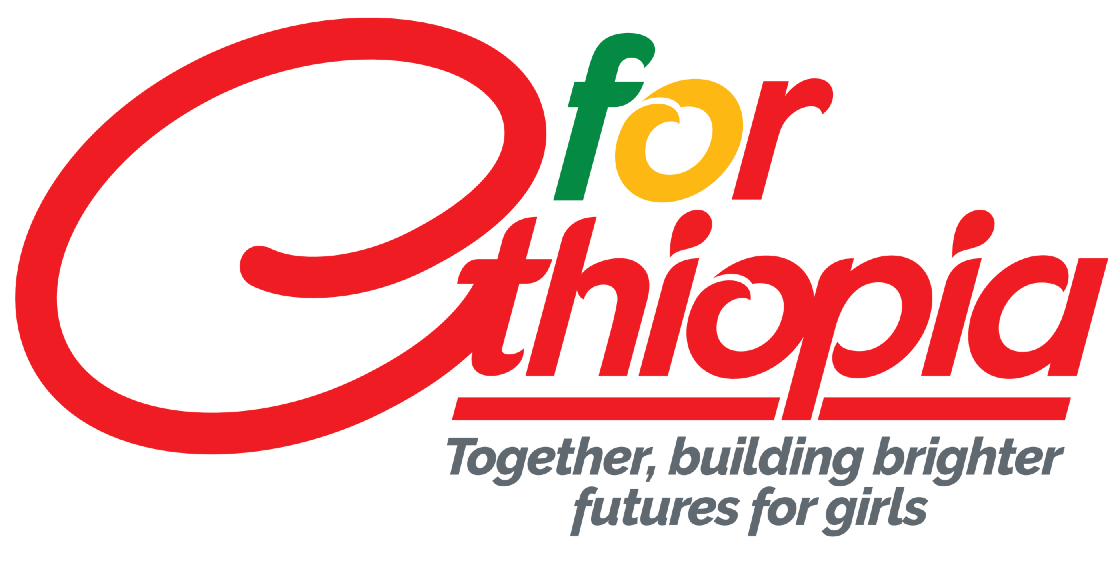If a teenage girl in Ethiopia progresses to secondary education, stays in school, remains healthy and gains real skills, she will marry later, have fewer, healthier children and earn an income that she’ll invest back into her family and community.
With only one High School in a large district many girls from out-lying areas have to stay away from home in unsupervised rented rooms. Others are walking the equivalent of a half-marathon every day just to get to and from school. Drop-out rates are very high due to the distances, the danger of abduction, early marriage, family demands and the cost of accommodation.
Since 2011, For-ethiopia have been supporting girls’ education through establishing a committee in Addis Alem with the responsibility of allocating award to girls from rural areas of the Ejere district to enable them to progress from primary to secondary education at the High School in Addis Alem.
We have:
- Rented and equipped a house which provides accommodation for 10 girls and a house-mother/mentor
- Issued awards to a further 35 girls and assisted them to find accommodation in Addis Alem
- Provided additional tuition and enabled the school library to be open after school for further study
[slickr-flickr tag=”dormitory” items=”5″ items=”20″ type=”slideshow” captions=”off” delay=”3″]
Exam results for the girls within the For-ethiopia programme are above average:
| 1st semester exam results (March/April 2013) | Grade 9 | Grade 10 |
| Average mark for non-award winners attending the High School | 56.26% | 53.02% |
| Average mark for the girls currently in receipt of For-ethiopia awards | 65.90% | 63.51% |
Importantly, the main aim of the programme seems to have been achieved and more girls are staying in school:
| All girls 2008 to 2011 | FDAE award winners | |
| Average progression from Grade 9 to Grade 10 at Addis Alem High School | 55.7% | 89.2% |
| Average progression from Grade 10 to Grade 11 at Addis Alem High School | 17.4% | 26.3% |
The project is well supported by the High School staff, the rural primary school, the local Education Desk and the regional and municipal authorities.
We now are looking to expand the programme and with the help of our supporters will be seeking ways to continue to improve girls’ access to secondary education.
Read more:
[catlist name=education orderby=date]
